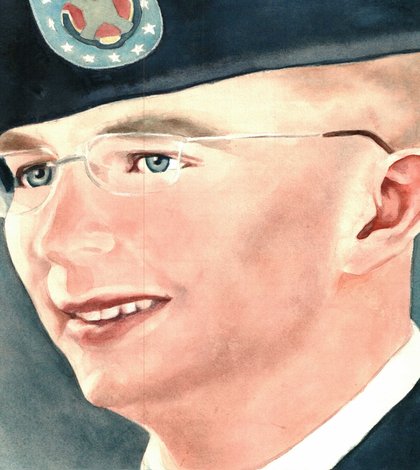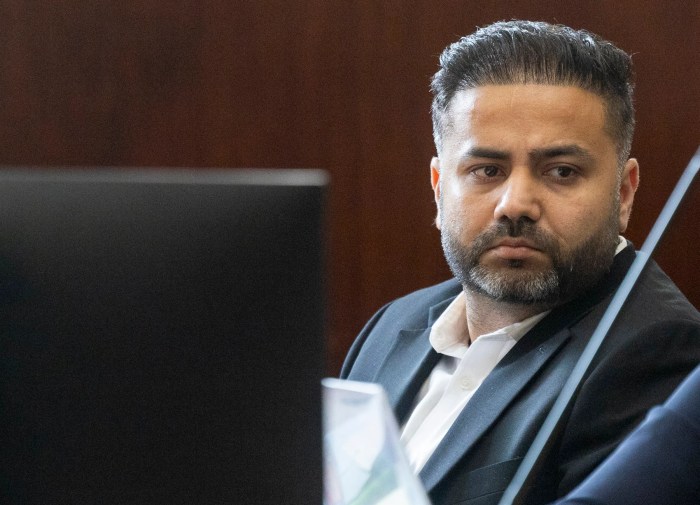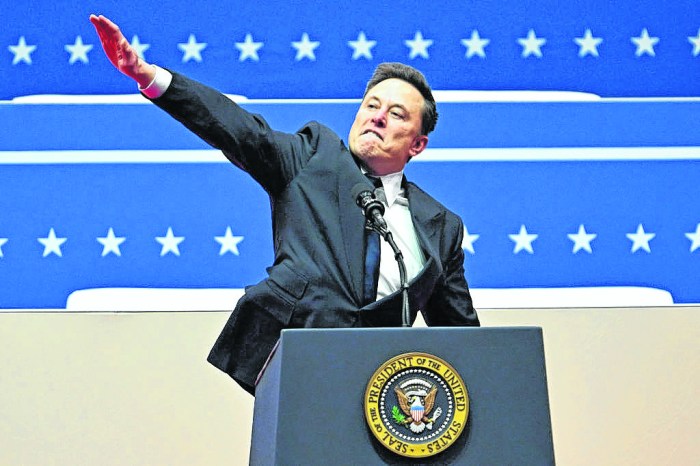
U.S. Army Pfc. Bradley Manning, convicted of leaking more than 700,000 classified military and state department documents to anti-secrecy website WikiLeaks, was sentenced Wednesday to 35 years in federal prison, with 1,294 days credit and dishonorable discharge.
Military judge Col. Denise Lind announced her decision against the 25-year-old just after 10 a.m. from the Fort Meade, Md. courtroom where a military trial into the disclosures—the largest leak of confidential materials in U.S. history—has been proceeding since June. Manning has been in custody of the U.S. Army since his arrest in 2010.
Manning’s defense attorney David Coombs, at a press conference held several hours after the ruling, said he and other members of his team broke down in tears at the news, while his client did his best to cheer them up.
“‘It’s okay,'” Coombs says Manning told them. “‘It’s alright. Don’t worry about it, it’s alright. I know you did your best. It’s okay.'”
The ruling caps a more than three-year-long legal saga against Manning both unprecedented in its scope and controversy.
Enlisting in 2007, Manning had been deployed to Baghdad as an intelligence analyst in 2009. In February 2013 he pleaded guilty to 10 of the 22 charges against him, including leaking classified cockpit gun-sight footage of U.S. Apache helicopters killing a dozen unarmed civilians and two Reuters photojournalists in Iraq in 2007. Manning told Lind during a lengthy statement Feb. 28 that the “most alarming” part of the video—dubbed “Collateral Murder“—for him “was the seemingly delightful blood-lust the Aerial Weapons Team seemed to have.”
“They dehumanized the individuals they were engaging and seemed not to value human life, and referred to them as quote-unquote ‘dead bastards,’ and congratulated each other on their ability to kill in large numbers,” he told Lind during his statement. “At one point in the video there is an individual on the ground attempting to crawl to safety. The individual is seriously wounded. Instead of calling for medical attention to the location, one of the aerial weapons team crew members verbally asks for the wounded person to pick up a weapon so that he can have a reason to engage.
“For me, this seemed similar to a child torturing ants with a magnifying glass,” he added.
Manning said the fact the footage had been sought by Reuters through Freedom of Information requests, yet the news agency was told it may have been destroyed, further motivated him to send it to WikiLeaks.
Manning has spent the past three years leading up to his June court martial in pre-trial confinement, oftentimes subject to harsh and unlawful treatment. Time served will be credited to his sentence, some of which he spent in solitary confinement, without a window, clothes or a blanket. Lind ruled these conditions illegal and in January 2013 credited Manning with 112 days toward his ultimate sentence.
His court proceedings were also conducted without the typical transparency provided in civil court. No official court transcripts were made accessible to the public. Audio and video feed for the handful of media supplying continuous coverage of the proceedings many times cut out. Periodically, the court would enter closed sessions, further restricting public access.
“Every day I left thinking ‘Why are we in a closed session?'” Coombs told reporters. “There was nothing that was said, in my mind, that warranted a closed session.”
Often, the only news of the trial was from a handful of journalists and activists who sacrificed much to provide the public with a record: journalist Alexa O’Brien, Kevin Gosztola of FireDogLake, Adam Klasfeld of Courthouse News Service and the Bradley Manning Support Network’s Nathan Fuller [all the subject of a July Press cover story multi-media package].
Manning’s prosecution had been viewed by whistleblower advocacy groups and civil rights activists as the latest front in an ongoing war by the Obama Administration against American civil liberties, with tremendous ramifications for free speech, freedom of the press and investigative journalism, specifically. O’Brien called Manning’s verdict “an act of aggression against a free press, civic society, and the conscience of a young man.”
Prosecutors and Manning’s defense team made closing arguments Monday. Capt. Joe Morrow requested the intelligence analyst be sentenced to at least 60 years, telling Lind, “He deserves to spend the majority of his remaining life in prison.” Defense attorney David Coombs argued Manning’s actions simply didn’t warrant that amount of time and punishment, citing that the court record reflected a naive, young, isolated soldier with emotional issues who truly believed he could change the world, “end the war in Iraq…end the war in Afghanistan…future wars.”
Coombs had asked the judge for a sentence allowing Manning “to have a life.”
Under military law, his case will immediately be reviewed by the convening authority, U.S. Army Military District of Washington Commander Maj. Gen. Jeffrey Buchanan. Manning can petition him with letters for clemency and Buchanan can reduce or strike a guilty finding, but not add any additional time to his sentence. Then, if Manning is convicted to more than one year, his case will immediately be reviewed by the Army Court of Criminal Appeals. If its decided the case warrants their review, Manning’s case will then go to the Court of Appeals for the Armed Forces. The U.S. Supreme Court can also review the case, if the justices wish.
Manning will serve his time at Fort Leavenworth in Kansas.
Coombs, who will be representing Manning during the clemency and appeals process, told reporters at Wednesday’s post-sentencing press conference he had asked President Obama for a pardon, adding that Manning’s sentence was more time than what murderers and child molesters he’d defended received.
“This was designed to send a message,” he said of the government’s prosecution. “The loser is anybody who hopes that you’ll have whistleblowers in the future willing to [talk to journalists].
“This does send a message, and it’s a chilling one, and it’s endorsed at the highest levels,” he continued.
“Bradley Manning is a man of honor.”






























